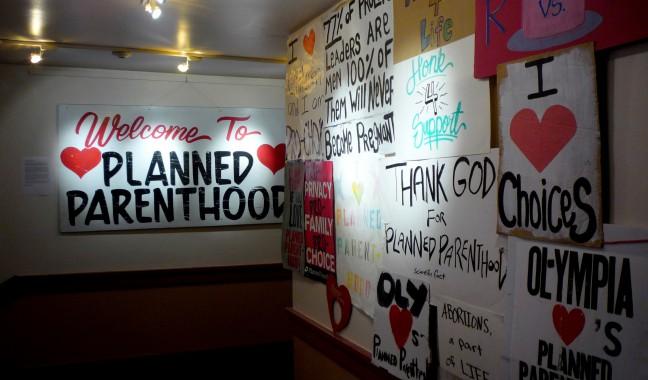The American Civil Liberties Union Student Alliance at the University of Wisconsin collaborated with Planned Parenthood Generation Action to discuss the reproductive rights and health movement for Black women Monday evening at the Mosse Humanities Building.
According to ACLU Student Alliance member Amaya Boman, Black women had very little power over their reproductive systems and were seen as a way to make a profit during slavery. Boman said enslaved Black women who were able to reproduce were seen as assets and cheaper than attempting to bring in new slaves.
According to Boman, this eventually led to unhygienic and unsafe abortion practices that often ended in death. Boman referenced Toni Morrison’s “Beloved,” a book about a mother who chose to end her children’s lives to protect them from institutional slavery.
“These practices that were brought over from Africa were used until 1965. As of 1965, women of color were the most likely to die from illegal abortions,” Boman said.
In 1989, the Supreme Court announced their decision on Webster v. Reproductive Health Services, a case on abortion accessibility. The court ruled that states have the right to limit abortion access.
Boman presented other significant court cases, such as Madrigal v. Quilligan in 1978. In this case, ten Mexican American women filed a lawsuit against the Los Angeles County-USC Medical Center for non-consensual or forced sterilization among Mexican women.
Currently, there are allegations of medical abuse against the U.S. Immigration and Customs Enforcement facilities at Irwin County in Georgia. These allegations include non-consensual sterilization among women and forced hysterectomies, according to several medical experts and interviews done by the Los Angeles Times.
Boman is also an intern at the Associated Students of Madison and is currently working on a campaign to create an inclusive community. She believes that to promote reproductive justice, UW and the Madison Community should bring awareness to reproductive justice.
“Especially going to a predominantly white institution, people just aren’t aware of what’s going on in the systems that are placed,” Boman said. “UW-Madison, especially right now, doesn’t have the best rep with being accessible with disabled students and beyond, so I think [a good step is] just starting there.”


